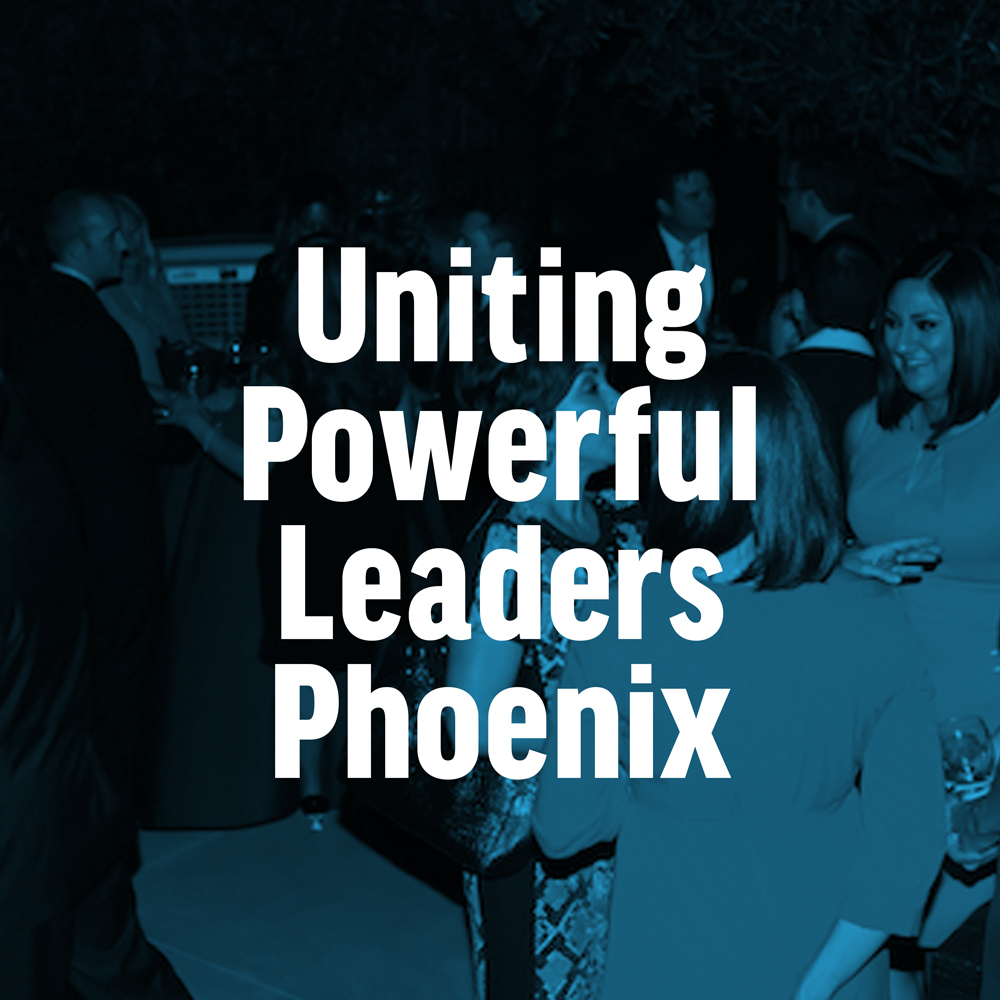For many years, professional counselors and psychologists worked under the assumption that all people were alike. It was embracing human differences that made Dr. Patricia Arredondo pave the way for multicultural counseling and psychology. As the campus president of The Chicago School of Professional Psychology, Arredondo brings human variability to the forefront as mental health rounds another corner. Here, she delves further into the necessity of this outlook for minority communities.
Your career path seems quite unique. What was it in your youth that set you in this direction?
Part of it was growing up in a working-class, industrial community near Cleveland, and seeing an array of social inequities while I was growing up, especially for people of color and immigrants. I was always curious how people’s lives unfolded, even then.
I also did some volunteer work back then with—I guess you would say they were immigrants, but they were [considered] newcomers from Puerto Rico when I was in high school. Seeing how the church worked with the newcomers … those were some of my early experiences.
Some of those experiences clearly groomed you for leadership roles as an adult.
With the mentors I had from high school onward, I learned all about planning and having some endgame in mind. So any initiative that I’ve taken on professionally has always had some type of expectation about where I wanted it to go eventually.
You ended up becoming quite a force for what is known as “multicultural counseling.” What is that term all about?
For so many years we worked under the premise that all people were very similar, and all you had to do as a professional counselor was be good intentioned and ethical. But, clearly, that’s not accurate, because there’s so much human variability. And we also had sufficient data to tell us that people of color either underutilized counseling services, dropped out, or somehow felt like they didn’t belong there. Part of this was counselors not knowing how to engage people who were not white or people who were poor.
We had to be able to create within the profession the training of how to look at and understand the cultural differences, broadly speaking. And you couldn’t do it from a script or a recipe, because there is so much variability among people.
How are multicultural counseling models weaved into training at the school?
The school itself is in four locations: Chicago; LA; Washington, DC; and our online campus. Each [location’s] strategic plan has to have a goal for how they’re going to enact diversity, broadly speaking, in their units. Our school has many ways, through training and practice, that we’re promoting multicultural competency development. We have more than 500 community partners where students do their clinical training and become more skilled with people of all kinds of backgrounds. So I think it’s a topic that’s very alive and well here.
Your latest book, Culturally Responsive Counseling with Latinas/os, and much of your published work often addresses diversity in the workplace, women’s leadership, and counseling Latinos. What is the impact of this work?
We are in the 21st century where international borders are fluid and identity-driven factors are embraced in business marketing, the media, and higher education. Psychology is about people, and there is increasing acknowledgement through training and education that we have to adopt and use new models of care to reach different demographic groups. In the fields of counseling and psychology, my publications are widely used in graduate training to prepare our graduates to be effective and ethical when they work with individuals and groups from different identity backgrounds.
As a Latina executive, what drives your achievement?
I am fortunate to have great education credentials and a range of professional work experiences across the country. My parents and abuela continue to be the models for my achievement, and in addition, I want to be sure that other Latinos, women, and emerging professionals know that they too can be a leader. Make no mistake, I want to bring about change, along with others, that creates more access to education and demonstrates that Latinas are and will continue to be change agents.
How does being a Mexican American woman influence your leadership practices?
My worldview is informed by early and continuing deficit perceptions about Mexican Americans. In all ways, this challenges me to ensure that I lead with integrity, caring and humanistic practices, and respect for others, and that I use my bilingual abilities in public settings. I have been influenced by the writings of powerful Latinas, from Sor Juana Inés de la Cruz and Gloria Anzaldúa, who wrote eloquently about living in the borderlands because of her multiple minority identities. I embrace their determination.
With all of the national and international initiatives you have championed regarding diversity, what are the next steps?
From an institutional standpoint, we are going to continue to advance our mission of multiculturalism and diversity through our partnerships, through our curriculums, through our student development, and preparing our faculty and staff to speak to this. We need to have our own “elevator speech” about why we have to advance issues of multiculturalism and diversity in a society, which is global, technologically connected, and demographically increasing in its diversity.

